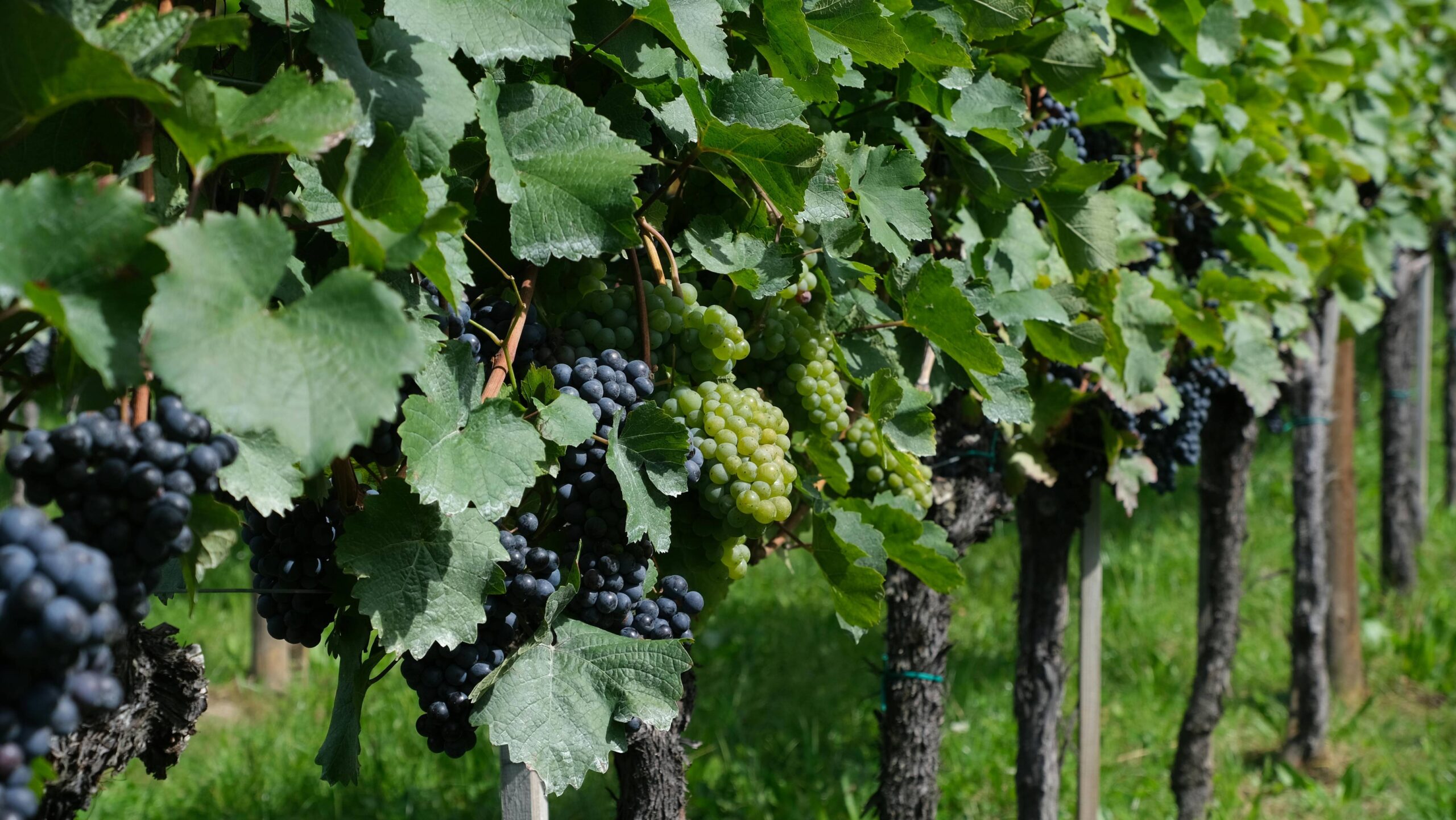The chemicals used in commercial horticulture fall into two categories. The first category provides nutrients to plants in the form of NPK, macro and micronutrients. These are the most important inputs for successful commercial horticulture. These inputs are mostly applied to the roots and provide important nutrients to the plant. However, there is a second, more dangerous category of chemicals used in fungicides, pesticides, herbicides, etc. These chemicals are a major cause of concern for mankind. So much so that these second category chemicals have been attributed to the root cause of many modern-day serious ailments such as cancers, allergies, adverse physiological and psychological complications suffered by humans in the 21st century. These ailments are a huge financial burden and have adversely affected the healthcare infrastructure of most developed economies.

In order to reduce the risk associated with the use of these chemicals in horticulture, newer molecules have been identified and registered worldwide. However, this has not solved the problem. Diseases and pests develop resistance/tolerance to newer molecules faster than they are discovered.
The EU was the first group of countries to issue MRLs (Maximum Residue Levels) for fungicides, pesticides and PGRs. This was later adopted by other developed countries. Some major agricultural economies such as Spain and Portugal have completely banned the use of all inorganic pesticides, fungicides and PGRs. Other countries may soon follow suit.
Our products are Worldwide there is a growing trend to eat organic food, wear organically grown clothes, use organic dyes in dyeing clothes etc. Going organic in commercial horticulture requires specialized techniques and judicious use of natural fungicides, pesticides and nematicides. This has opened up entirely new avenues for research in controlling/eradicating infestations caused by fungi, pests, nematodes and larvae etc. and in controlling/promoting plant growth by using naturally occurring innovative and safe materials and herbs. Going 100% organic is not a viable proposition as it will drastically reduce yields and create shortages of horticultural produce.
There are efforts to mitigate pest and disease problems using natural products and some biological pest predators. However, these products have not been able to penetrate the market in any significant way. At the same time, modern horticulture requires large amounts of growth promoters, which are not easily replaced by biological products.
“Hi Cell Brand products have been designed to address these challenges and produce safe, chemical-free, high quality horticultural products on a commercially viable scale. Backed by a combined experience of over 35 years in modern horticulture in the 20th and 21st century.
Our endeavor at “Hi cell l” is to produce high quality innovative safe herbal formulations to address the challenges faced by modern day horticulturists to mitigate the risks associated with biotic or abiotic stresses on their respective horticultural/field crops.